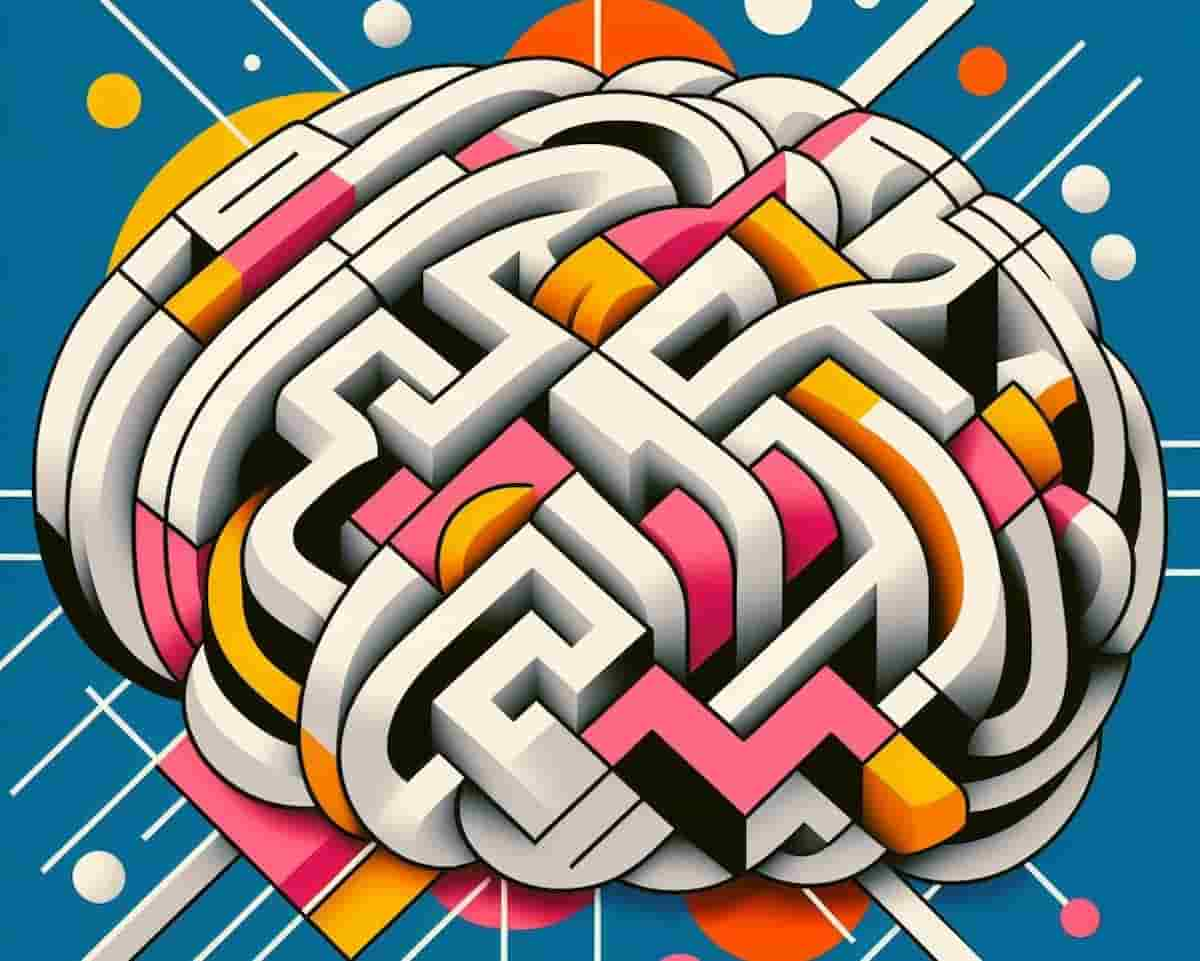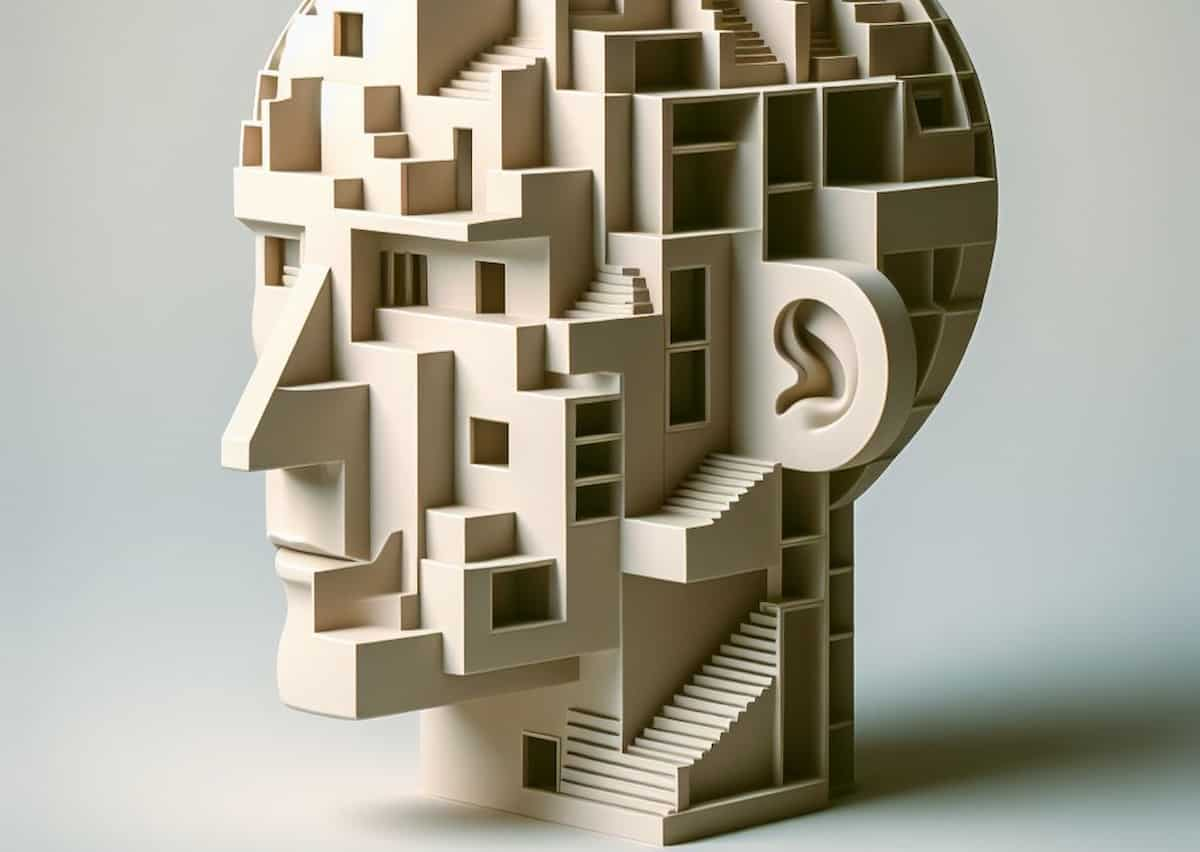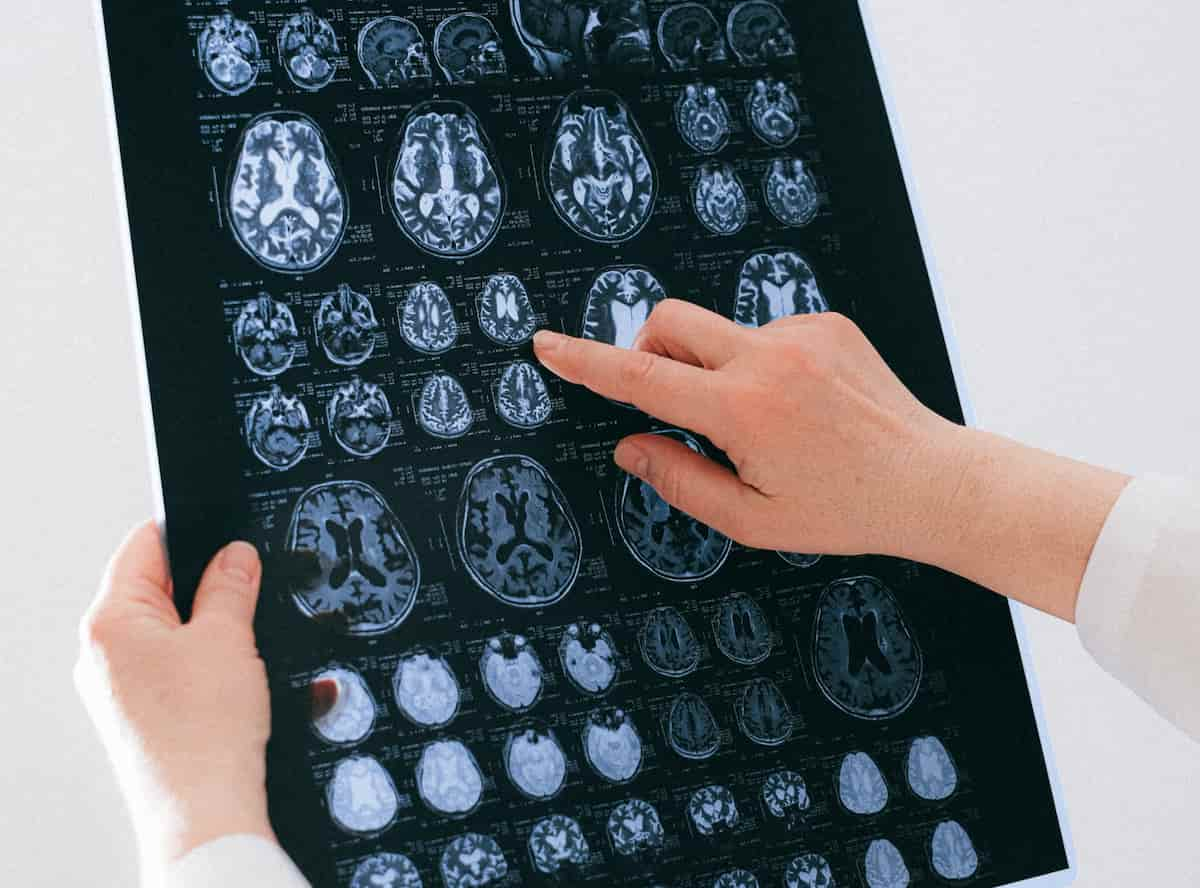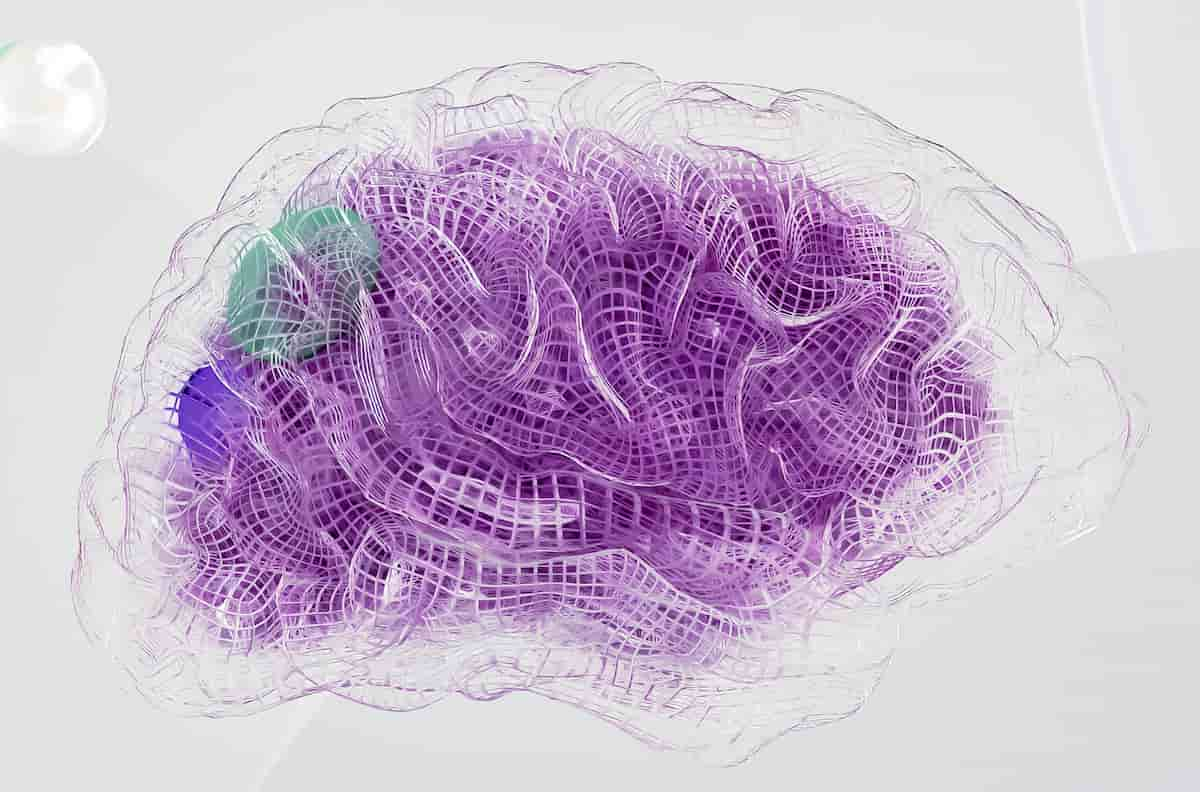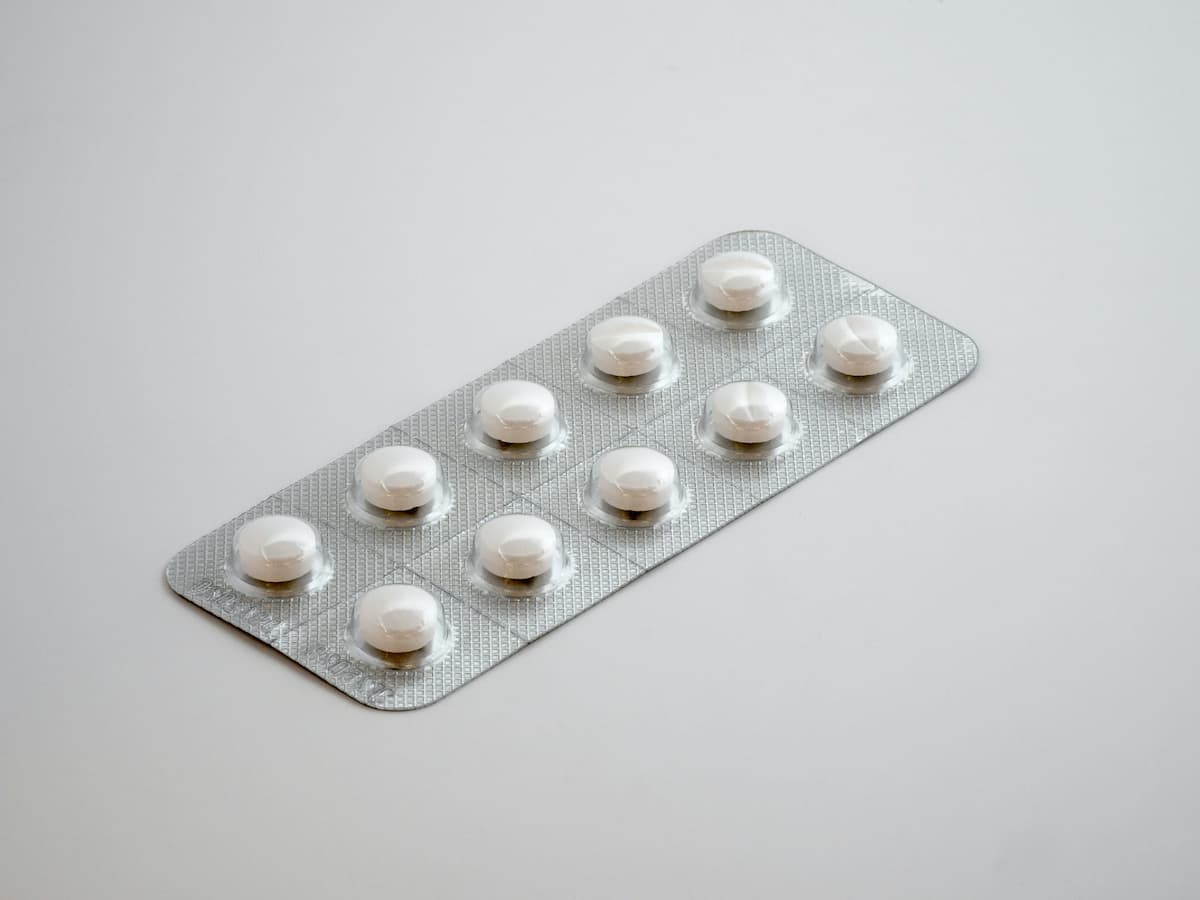Safer alternatives should be considered by doctors, the researchers advise.
Safer alternatives should be considered by doctors, the researchers advise.
Antidepressants that have an anticholinergic effect are linked to an increased risk of dementia, research finds.
Anticholinergic antidepressants include drugs such as Amitriptyline (known as Elavil), Dosulepin and Paroxetine (known as Paxil and Seroxat).
(A longer list of drugs is at the bottom of this article.)
Although often older, many millions of people still take these type of antidepressants.
The longer people take these drugs, the researchers found, the higher their risk of dementia.
More modern antidepressants, like Prozac and Xanax, generally have a lower anticholinergic effect, and were not linked to a higher dementia risk.
Dr George Savva, who led the study, said:
“We studied patients with a new dementia diagnosis and looked at what anticholinergic medication they were prescribed between four and 20 years prior to being diagnosed.
We found that people who had been diagnosed with dementia were up to 30 per cent more likely to have been prescribed specific classes of anticholinergic medications.
And the association with dementia increases with greater exposure to these types of medication.
What we don’t know for sure is whether the medication is the cause.
It could be that these medications are being prescribed for very early symptoms indicating the onset of dementia.
But because our research shows that the link goes back up to 15 or 20 years before someone is eventually diagnosed with dementia, it suggests that reverse causation, or confounding with early dementia symptoms, probably isn’t the case.
The conclusions come from the medical records of 40,770 patients aged over 65 who were diagnosed with dementia.
These were compared to 283,933 without dementia.
The results showed the link between dementia and anticholinergic drugs.
Other common anticholinergic drugs also linked to dementia include those prescribed for bladder conditions and Parkinson’s (e.g. Tolterodine, Oxybutynin, Solifenacin and Procyclidine).
No link, though, was found between antihistamines (used to treat allergies) and dementia, as previous research had.
Dr Noll Campbell, study co-author, said:
“These results suggest we should prioritise safer alternatives to anticholinergic medications long before symptoms of dementia are recognised.”
Professor Chris Fox, study co-author, said:
“Doctors and patients should therefore be vigilant about using anticholinergic medications.
They need to consider the risk of long-term cognitive effects, as well as short-term effects, associated with specific drugs when weighing up risks and benefits.
We don’t know exactly how anticholinergics might cause dementia.
Further research is needed to understand possible reasons for this link.
In the meantime, I strongly advise patients with any concerns to continue taking their medicines until they have consulted their doctor or pharmacist.”
Here are some common drugs that have a definite anticholinergic effect:
- Amitriptylline
- Brompheniramine
- Chlorpheniramine
- Clomipramine
- Clozapine
- Dimenhydrinate
- Diphenhydramine
- Hydroxyzine
- Paroxetine
- Promethazine
These drugs also have an anticholinergic effect, although it is lower than the list above:
- Amantadine
- Belladona
- Cyclobenzaprine
- Cyproheptadine
- Carbamazepine
- Loxapine
- Meperidine
- Molindone
- Oxcarbazine
- Pimozide
These drugs may have an anticholinergic effect:
- Alprazolam
- Atenolol
- Captopril
- Codeine
- Diazepam
- Digoxin
- Furosemide
- Prednisone
- Nifedipine
- Warfarin
Note that this is not a complete list of drugs and it only contains the drug names not the brand names under which each is sold.
The study was published in the journal BMJ (Richardson et al., 2018).


